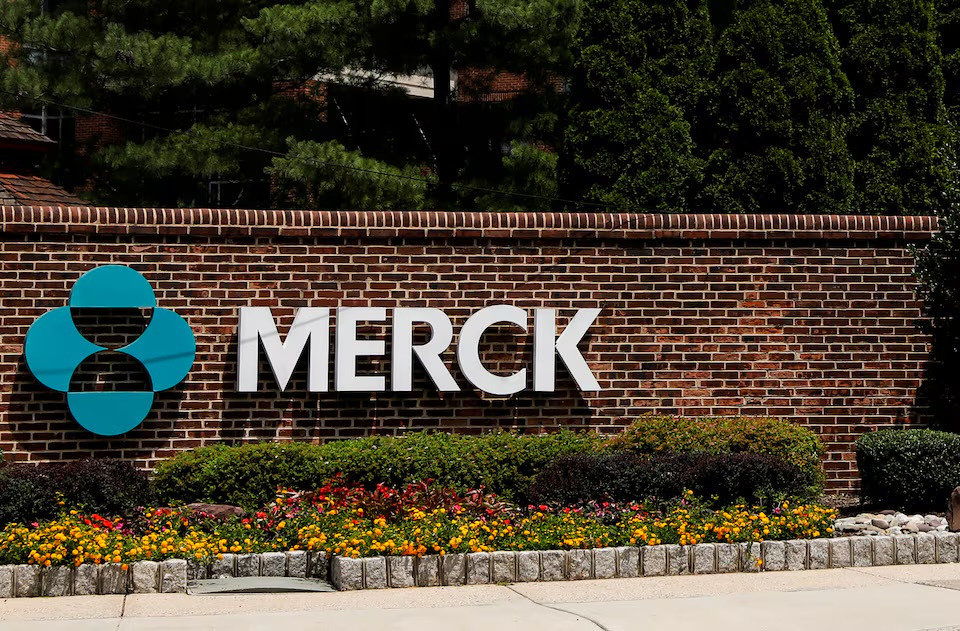The U.S. Food and Drug Administration (FDA) has approved Merck’s new preventive antibody treatment, Enflonsia (clesrovimab), to protect infants up to 12 months old from respiratory syncytial virus (RSV) during their first RSV season, Merck announced on Monday.
Enflonsia is a monoclonal antibody designed to offer protection against mild to severe RSV infections. It can be administered as a single dose to healthy pre-term, full-term, and at-risk infants, regardless of their birth weight.
Until now, the only RSV preventive antibody available for infants and toddlers in the U.S. has been Beyfortus, developed by Sanofi and AstraZeneca. However, limited supply of Beyfortus has created unmet demand during RSV seasons.
RSV is a highly contagious respiratory virus that circulates seasonally and can lead to serious illness, particularly in young children and older adults.
According to the Centers for Disease Control and Prevention (CDC), between 58,000 and 80,000 children under the age of five are hospitalized annually in the U.S. due to RSV-related complications.
Currently, the CDC recommends two ways to protect infants from severe RSV: an RSV vaccine given to pregnant mothers or a preventive antibody administered directly to the baby.
Merck anticipates that shipments of Enflonsia will be available in time for the 2025–2026 RSV season. The CDC’s Advisory Committee on Immunization Practices (ACIP) is expected to meet later this month to review the data and provide guidance on the use of Enflonsia in infants.
Read also: Hims to lay off 4% of staff due to FDA ban on compounded weight-loss drugs



